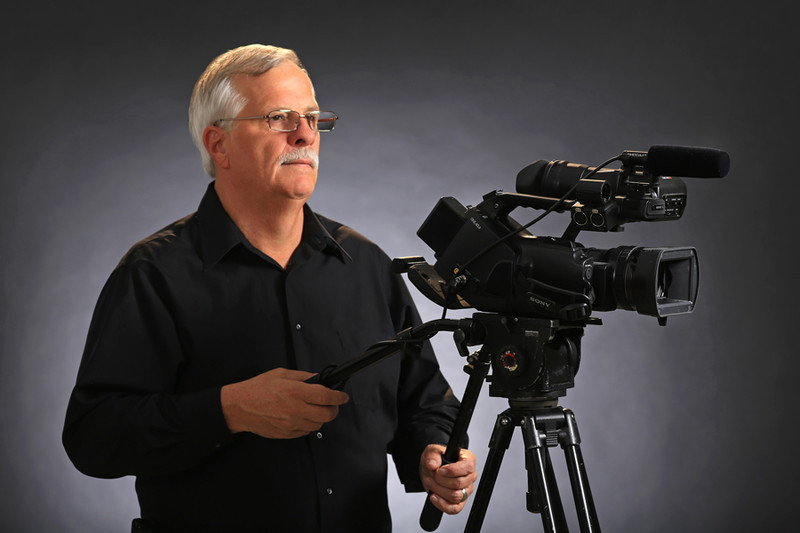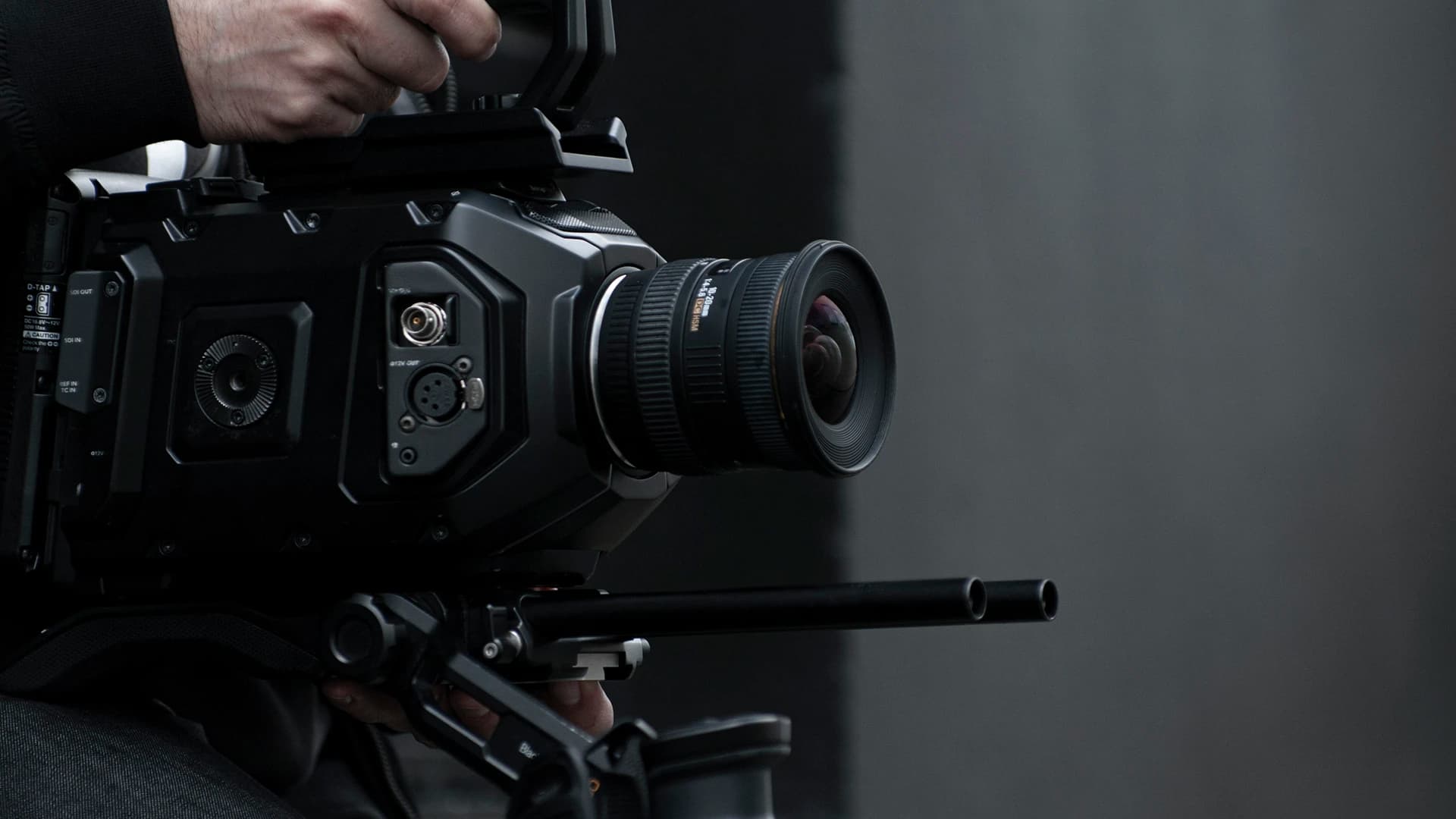The Role of Legal Videography in Depositions and Trials
Legal videography has arised as an essential device in both depositions and tests, supplying a diverse method to documenting witness statements. As legal specialists progressively recognize its value, it triggers a deeper evaluation of how these aesthetic records can influence juror perceptions and test results.
Value of Lawful Videography
Legal videography plays a critical duty in the paperwork and discussion of depositions and trials. This customized field integrates technological skills with lawful expertise to produce a reliable document of process that can substantially influence instance outcomes. The aesthetic facet of legal videography boosts the understanding of witness statement, enabling jurors and judges to observe not only the spoken words however additionally the attitude, emotions, and body movement of the witnesses.

The importance of lawful videography prolongs past the court; it also plays an essential role in preserving proof for future recommendation, whether for appeals or more legal action. As such, its combination right into the legal process is essential for guaranteeing a reasonable and exact representation of the realities, ultimately adding to the quest of justice.

Refine of Legal Videography
While recording the subtleties of depositions and trials, the procedure of legal videography includes several important actions that guarantee top notch, accurate recordings. A professional lawful videographer prepares by reviewing the case materials and understanding the specific needs of the deposition or test. This prep work consists of acquainting themselves with the individuals and the context, which aids in catching pertinent details.
On the day of the recording, the videographer establishes the needed equipment, which usually includes high-definition electronic cameras, microphones, and proper lighting. Ensuring ideal angles and sound high quality is important, as it straight impacts the effectiveness of the recording. The videographer communicates with attorneys and individuals to establish procedures, making certain that everybody comprehends the recording procedure.
During the deposition or trial, the videographer meticulously tape-records the procedures, paying attention to both verbal and non-verbal hints. legal videography. This includes capturing the temperament and reactions of witnesses and attorneys. After the session ends, the videographer might edit the footage for clarity and compliance with lawful standards, creating an end product that accurately reflects the process for future reference and usage in legal contexts
Advantages in Depositions
The consolidation of videography in depositions provides many advantages that boost the general process of collecting proof. One key benefit is the capacity to record witness testaments with visual and acoustic fidelity, giving a much more accurate representation of the witness's behavior, tone, and body movement. This multidimensional strategy enables lawyers and juries to analyze trustworthiness better than conventional written records alone.
Furthermore, videographed depositions function as a powerful device for preserving testimony. Should a witness ended up being inaccessible for trial, their taped deposition can be played in court, guaranteeing that their proof i was reading this stays obtainable and appropriate. This facet significantly lowers the risk of losing crucial information that could impact instance outcomes.
Additionally, the usage of lawful videography advertises much better preparation for attorneys. Reviewing video footage allows legal teams to analyze and improve their approaches, identifying strengths and weak points in their instances. This primary benefit can cause even more engaging discussions in court.
Finally, videography improves the total professionalism of the deposition process, instilling self-confidence in customers regarding the thoroughness of their legal representation. By leveraging technology, lawful experts can considerably improve the effectiveness of depositions.
Influence On Tests
In numerous trials, the integration of videography can considerably influence the presentation of proof and the court's understanding. Legal videography catches witness testaments and crucial evidence in a vibrant format, permitting jurors to engage with the product on numerous levels. This aesthetic component boosts the narration element of a test, providing context and psychological resonance that conventional text-based evidence might lack.
In addition, video clip recordings can work as powerful tools for impeachment during interrogation. When discrepancies occur between a witness's previous statements and their courtroom testament, video evidence supplies an objective referral that can sway jurors' point of views. This immediacy and clearness can bolster the trustworthiness of a celebration's story while all at once weakening opposing arguments.
Furthermore, using videography can aid improve intricate info, making it much more available to jurors who may battle to comprehend detailed information presented exclusively through spoken testimony. By integrating visuals with acoustic info, legal videography can improve retention and understanding, inevitably influencing the court's decision-making procedure. The effect of videography in tests prolongs past plain visual appeals; it plays an essential function in forming the legal landscape and outcomes.
Future Trends in Legal Videography
As we look towards the future of lawful videography, numerous emerging patterns guarantee to reshape its function within the court room. One significant trend is the combination of synthetic knowledge (AI) in video clip evaluation and editing - legal videography. AI can improve the process of determining vital minutes in videotaped depositions, enabling lawyers to promptly access her latest blog relevant content, therefore improving effectiveness in situation prep work
In addition, the surge of digital fact (VIRTUAL REALITY) go to my blog and boosted fact (AR) innovations is expected to transform how jurors experience evidence. By submersing jurors in a substitute setting, these innovations can supply a much more extensive understanding of complicated situations, resulting in more educated deliberations.

Moreover, the increasing need for remote depositions, increased by the COVID-19 pandemic, will likely proceed. Legal videographers will certainly require to adjust to new software application and platforms to guarantee premium recordings in virtual settings.
Last but not least, the growing focus on data safety and security will demand stricter methods for keeping and sharing video evidence. As the legal landscape advances, lawful videographers should stay abreast of these patterns to preserve their significance and effectiveness in the judicial procedure.

Final Thought
In recap, legal videography offers a critical function in the judicial procedure, enhancing the stability of depositions and tests. By recording the subtleties of witness testaments, this medium not only maintains important proof yet also aids in offering information successfully to jurors. The significance of aesthetic documents in assessing reputation and facilitating cross-examination can not be overstated. As modern technology continues to develop, legal videography is positioned to more change its role within the legal landscape.